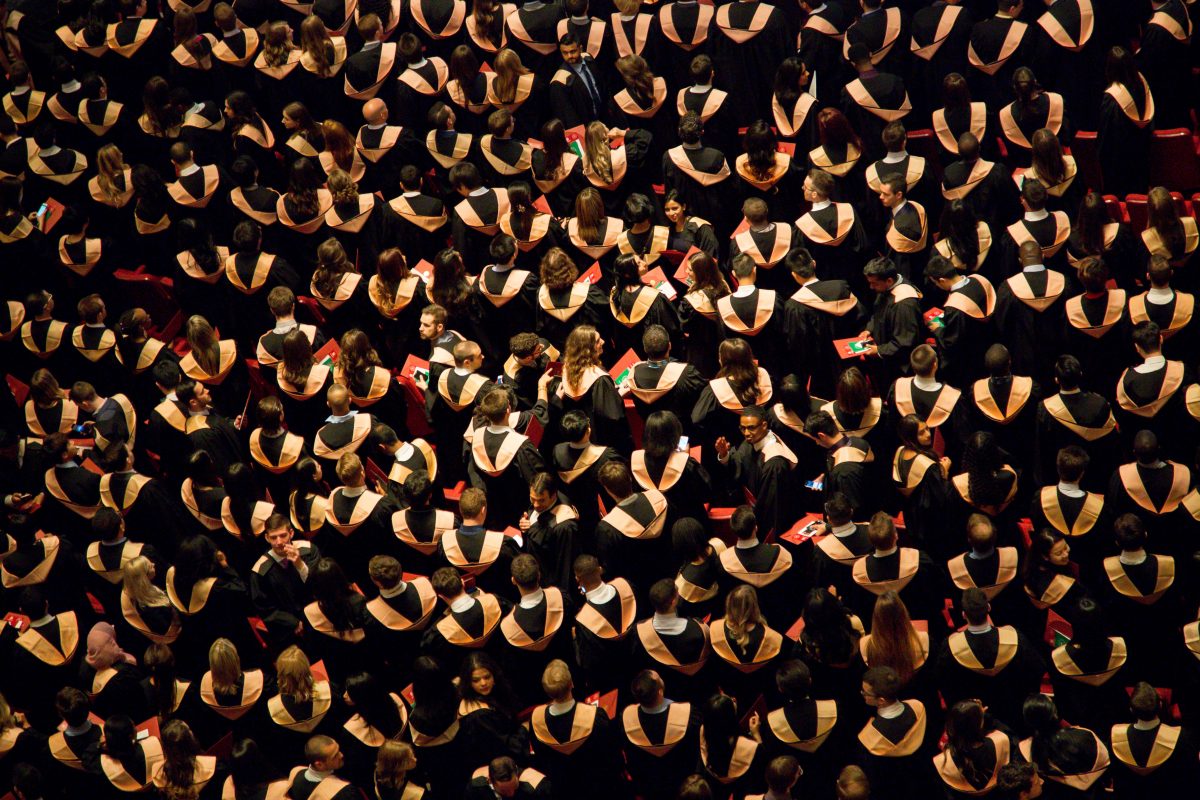
Madeline Bustamante ’17, left, and Grace Handler ’17
In their 101 computer science class last fall, Madeline Bustamante and Grace Handler, both sophomores this year, were surrounded by young men. In the spring semester, when they took Data Structures, a second-level computer science course, there were just three other women in the class.
Bustamante and Handler said they had expected to encounter more women at Bowdoin who, like them, were passionate about coding. Both attended all-girls high schools and both were involved in robotics teams. So they were accustomed to interacting with female peers who shared their interests.
As the two discussed the issue last year, they realized they had fallen into computer science a bit by chance. Handler had a friend whose father, after hearing that Handler enjoyed math, told her about an all-girls high school robotics team at Carnegie Mellon University. She joined the team. Bustamante’s parents enrolled her in a computer science class when she was in seventh grade. After that, she was hooked.
The two friends decided they wanted to provide more opportunities for women at Bowdoin to discover computer science. “We are trying to pull people into computer science so they can experience how we felt,” Bustamante said. This fall, they formed the student group Bowdoin Women in Computer Science. So far, more than 30 students have signed up.
Computer science “remains one of the disciplines with the fewest number of women,” pointed out Associate Professor of Computer Science Laura Toma. And while numbers of female computer science undergraduates are low across the country, “the numbers get worse if we look higher up, at grad school, academia and senior management levels,” she added.
However, Toma said that Bowdoin’s computer science department has in the past few years seen a steady increase in enrollments. This year, 12 women are majors; five are minors. And she thinks Bowdoin Women in Computer Science can make even more of a difference. “What I see in computer science is that women tend to be less confident and worry more about what they don’t know,” she said. “Having a network to provide support and perspective for CS women can make the world of a difference — in retention, in the general atmosphere in classes and in the department — but also beyond, in the career options considered by women after Bowdoin.”
The College has received funding from donors that will allow the computer science department to send students to next year’s Grace Hopper Celebration, an annual event in Phoenix, Ariz., for women in computing.
Bowdoin Women in Computer Science has two main goals. One is to encourage more women to take entry-level computer classes. The other goal is to support female students already majoring or minoring in the department and to increase their chances in finding technology jobs.
To accomplish the first objective, Bustamante and Handler are asking more experienced members in the club to serve as mentors for women with less experience. One member, Gabby Grandin ’15 already hosts a weekly study group, with snacks. And the club is planning a panel of female computer science majors aimed at first years and sophomores. These advanced students will speak about different courses in the computer science department and what they offer.
For the established computer science students, Bustamante and Handler said they want to offer a training workshop for technical interviewing. Interviews for programming, software development or other computer-related jobs often require applicants to solve a computer problem on the spot. This is done via Google docs where interviewers can watch the applicant’s thought process live, which, Handler noted, can be a harrowing ordeal.
Bustamante and Handler also want to connect with more alumni — particularly alumnae — who are working in technology. They are collaborating with Career Planning to stay informed about graduates who come to campus who either work in technology or work for an interesting company with a robust technology department. “I know there is a push by some students who would like to be more aware of alumni who work for arts companies or nonprofits that have tech sectors,” Handler said. “It’s not just Google everyone is interested in.”
As sophomores, Bustamante and Handler have not yet declared their majors, but it’s clear what they will focus on. “The feeling of getting a code to run is the best feeling,” Bustamante said. “It’s a totally different way of thinking; it’s algorithmic. You have to do this, and then this, and this.”
“It’s also creative,” Handler added. “A lot of the times sitting in class, it doesn’t feel like a class because we’re working on a project.”
Echoing Bustamante’s love of that eureka moment, Handler described having a “joyous moment” recently when she got her code to run for a lexical analyzer that will become part of a compiler (no, normal people aren’t expected to know what this means). She shrieked with delight in her dorm. Her non-computer science friends thought she had finished a paper; they couldn’t understand why she was so excited about a mere code. “The second you get your code to run,” she said, “it’s so special.”
Originally published on Bowdoin News
http://community.bowdoin.edu/news/2014/10/students-launch-bowdoin-women-in-computing-group/
October 8, 2014 by Rebecca Goldfine


